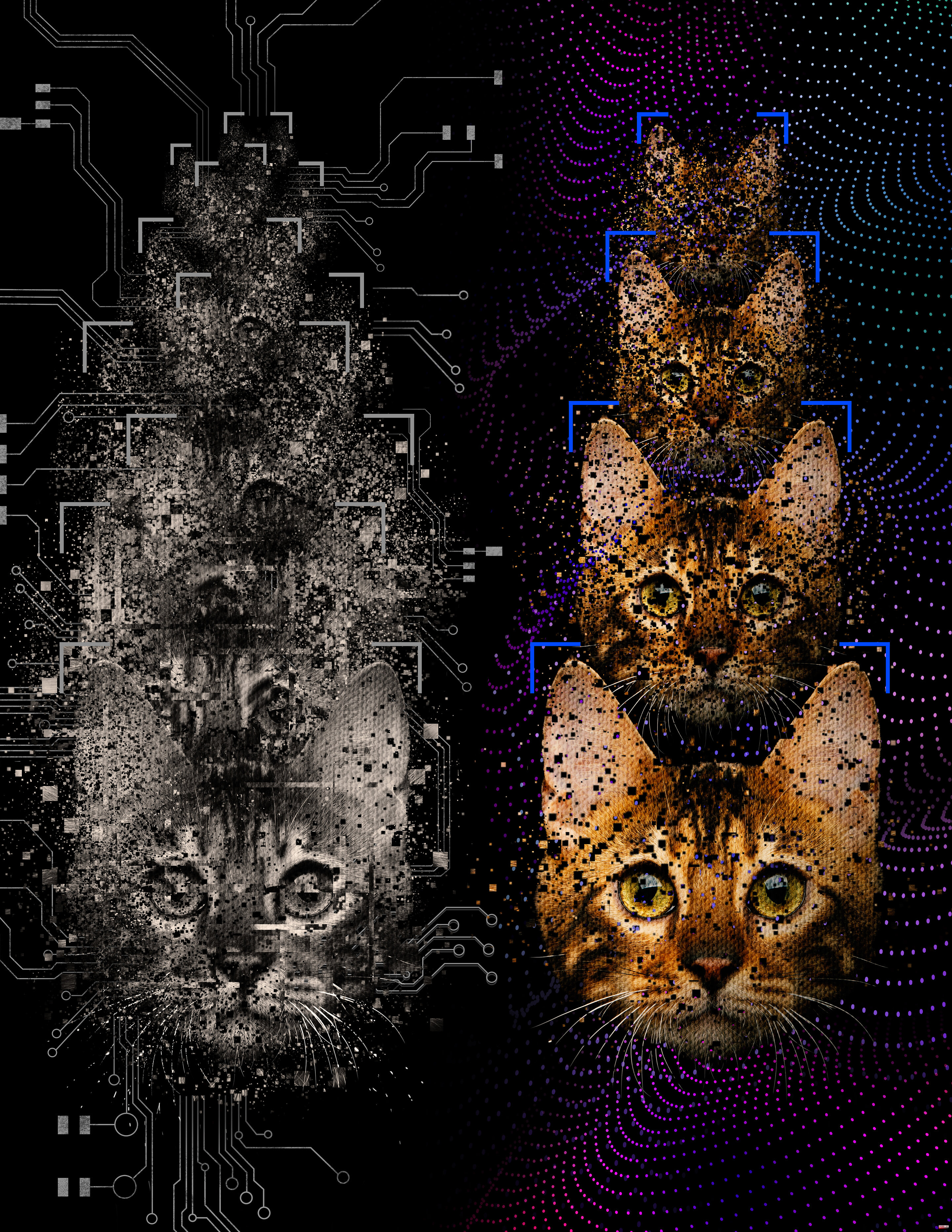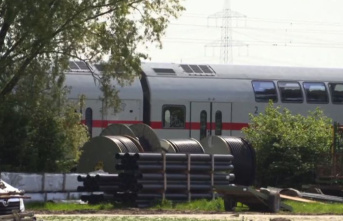Researchers from multiple universities in the U.S. including Google Quantum AI and an Australian colleague have developed a theory that quantum computers should perform exponentially better on certain learning tasks than traditional machines. The group published their research in Science. It describes their theories and the results they obtained when the theory was tested on the Sycamore quantum computer by Google. Vedran Dunjko, Leiden University City, has published a Perspective article in the same issue. It outlines the idea behind combining machine learning and quantum computing to create a new generation of computer-based learning system.
Machine learning is the process by which computers that have been trained with data make educated guesses about new information. Quantum computing uses sub-atomic particles to represent qubits in order to conduct applications at a speed that is much faster than with traditional computers. Researchers considered running machine-learning programs on quantum computers to improve their learning and make them more useful.
The researchers devised a machine-learning task that would use repeated experiments to learn from the data. This was in order to find out if this idea is possible. The researchers then proposed theories about how a quantum computer could conduct such experiments and learn from them. They were able prove that a quantum computer can do this, and it can do it better than a traditional system. They found that the number of experiments required to learn a concept was four orders of magnitude less than in classical systems. They then created a similar system, tested it on Google's Sycamore quantum computing machine, and their theory was confirmed.
This work suggests that, if a real-word, usable quantum computer is ever created, it may be capable of learning new things on an almost unimaginable scale.
Vedran Dunjko, Quantum learning unravels quantum system, Science (2022).DOI: 10.1126/science.abp9885












